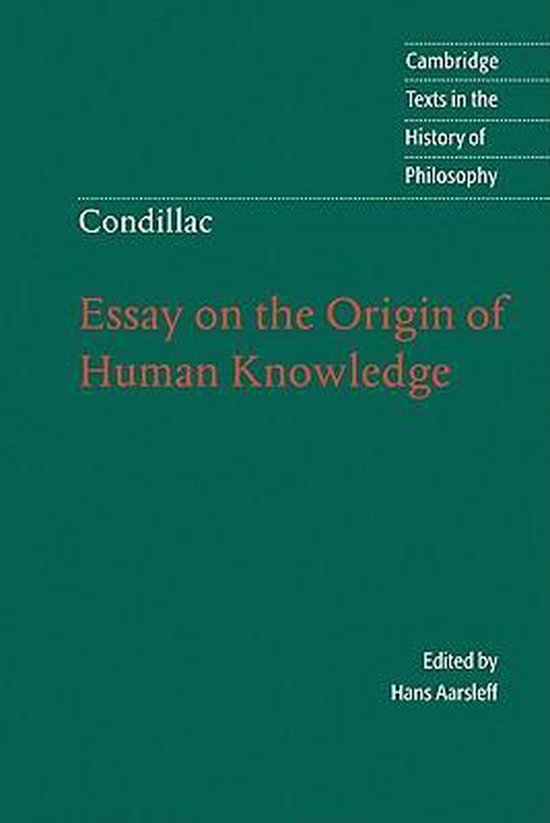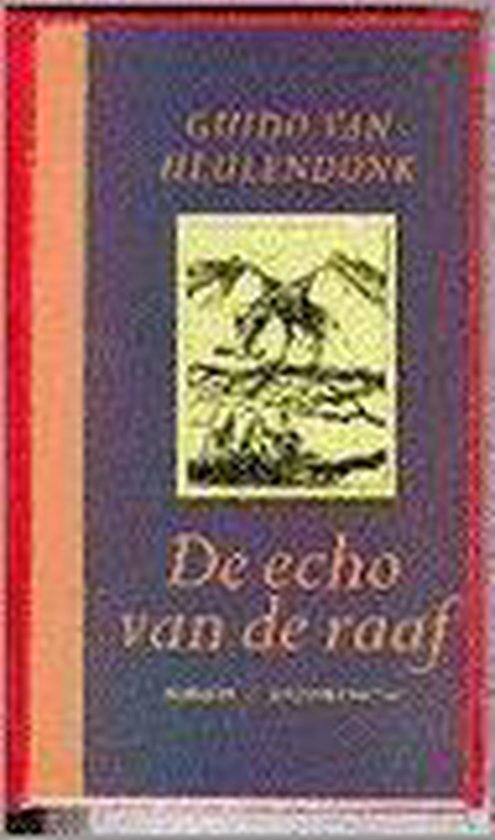
Condillac
This work, first published in 1746 and offered here in a new translation, is a highly influential work in the history of philosophy of mind and language, and anticipates Wittgenstein's views on language and its relation to mind and thought.
Condillac's Essay on the Origin of Human Knowledge, first published in French in 1746 and offered here in a new translation, represented in its time a radical departure from the dominant conception of the mind as a reservoir of innately given ideas. Descartes had held that knowledge must rest on ideas; Condillac turned this upside down by arguing that speech and words are the origin of mental life and knowledge. He argued, further, that language has its origin in human interaction and in our natural capacity to react spontaneously and instinctively to the expression of emotions and states of mind in others. The importance of this pointedly anti-Cartesian view, and its relevance to both aesthetics and epistemology, were quickly understood, and Condillac's work influenced many later philosophers including Herder, Rousseau, and Adam Smith. His conception also anticipated Wittgenstein's view of language, its usage, and its relation to mind and thought.
Condillac's Essay on the Origin of Human Knowledge, first published in French in 1746 and offered here in a new translation, represented in its time a radical departure from the dominant conception of the mind as a reservoir of innately given ideas. Descartes had held that knowledge must rest on ideas; Condillac turned this upside down by arguing that speech and words are the origin of mental life and knowledge. He argued, further, that language has its origin in human interaction and in our natural capacity to react spontaneously and instinctively to the expression of emotions and states of mind in others. The importance of this pointedly anti-Cartesian view, and its relevance to both aesthetics and epistemology, were quickly understood, and Condillac's work influenced many later philosophers including Herder, Rousseau, and Adam Smith. His conception also anticipated Wittgenstein's view of language, its usage, and its relation to mind and thought.
| Auteur | | Shelagh M. Eltis |
| Taal | | Engels |
| Type | | Paperback |
| Categorie | | Mens & Maatschappij |




